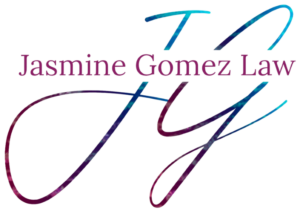Practice Areas

Probate
Probate is the judicial process whereby a will is “proved” in a court of law and accepted as a valid public document that is the true last testament of the deceased, or whereby the estate is settled according to the laws of intestacy in the state of residence of the deceased at time of death in the absence of a legal will.

Estate Planning
Estate Planning is the process of putting your personal and financial affairs in order.
Your estate is comprised of everything you own such as your real estate, vehicles, checking and savings account, retirement plans, life insurance policies, and personal possessions. Estate planning allows you to appoint trusted individuals to manage your affairs and make medical decisions for you if you become incapacitated, and ensure your property is distributed how and to who you choose after you die.

Trusts
A trust is a fiduciary relationship where a one party, called a trustee, hold assets on behalf of a beneficiary or beneficiaries. There are many different types of trusts: revocable trusts, irrevocable trusts, special needs trusts, support trusts. Trusts can come to life while you are living (intervivos trusts), or spring to life after you die (testamentary trusts). An attorney can help you decide whether a trust will help you achieve your estate planning goals.

Wills
A Will is a binding legal document that dictates how and to whom your property will be distributed after you die. A Will also allows you to nominate a guardian who will take care of your minor children, and to appoint an executor who will be responsible for carrying out your testamentary wishes.

Conservatorships

Trust Administration
Trust Administration involves many of the same tasks that are required in a probate proceeding, e.g., collecting information, valuing assets, selling assets, settling debts and claims, preparing and filing tax returns, paying taxes, and transferring assets – all without the requirement of filing court forms.

